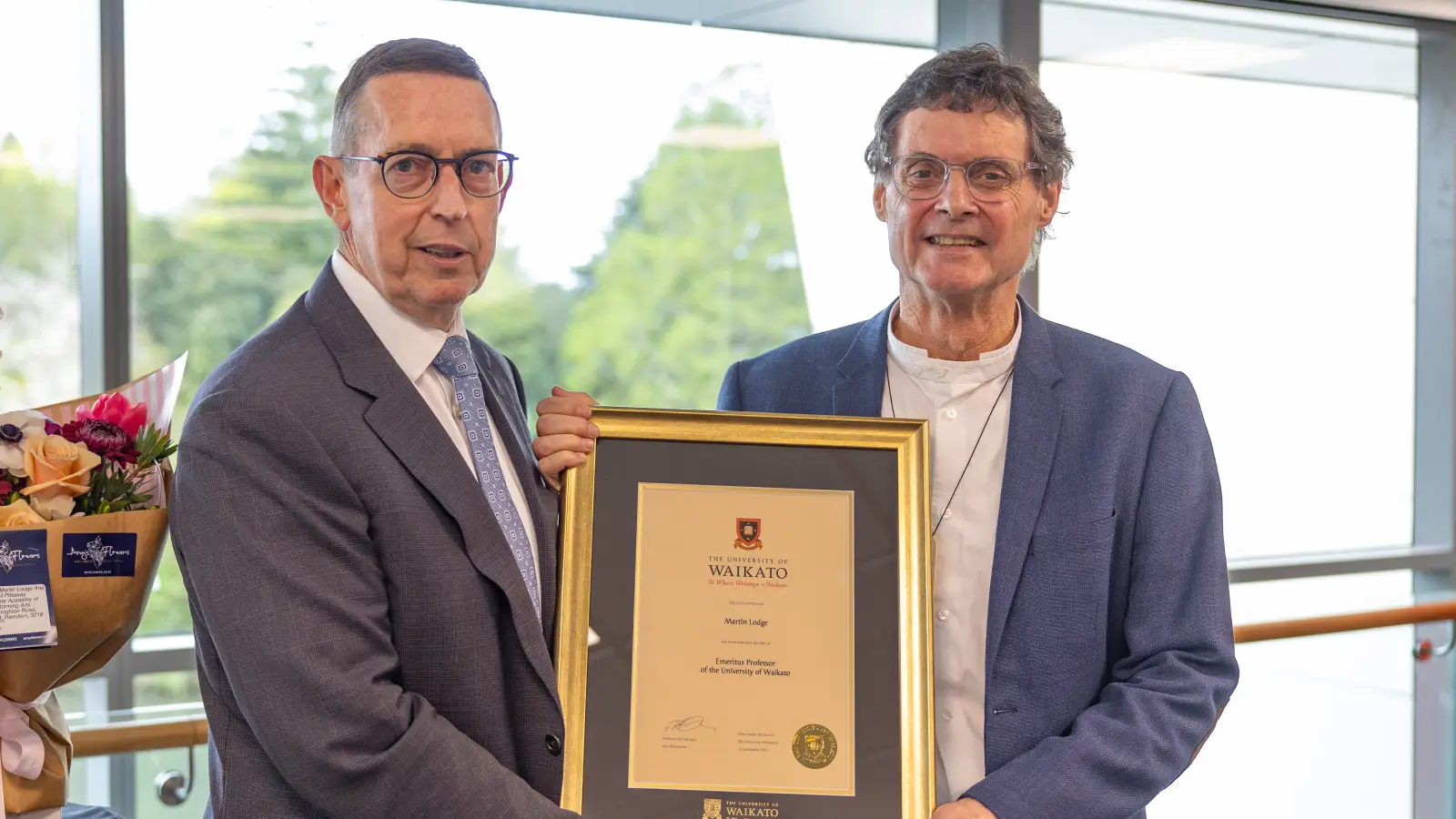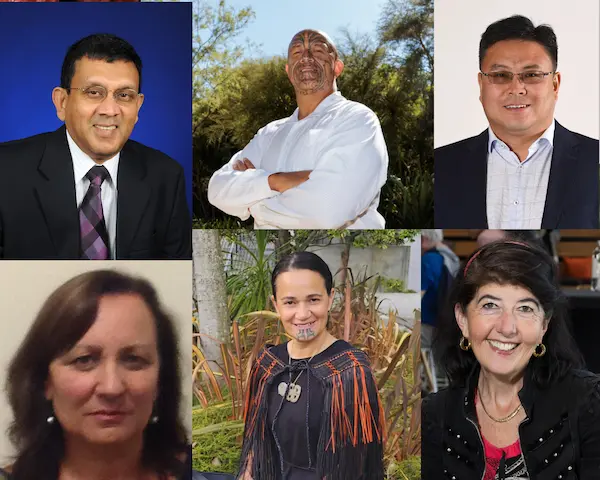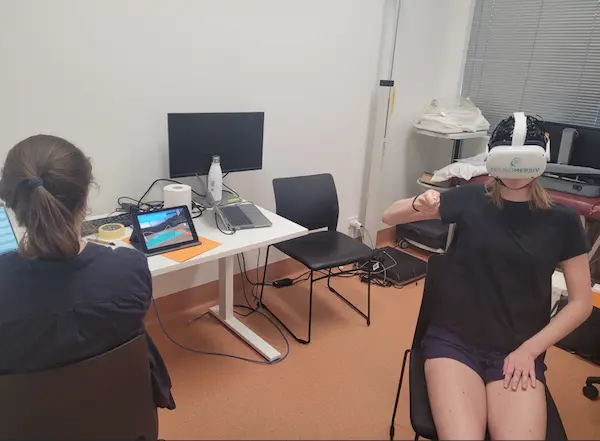For the first time in its 20-year history, the State of Australasia Cities Conference will be held in Aotearoa New Zealand next year.

Professor Iain White is co-chair of the upcoming State of Australasia Cities conference.
Held in Wellington at Te Herenga Waka—Victoria University of Wellington, the annual urban research conference will take place from Wednesday 6 to Friday 8 December 2023 with a post-graduate symposium preceding the conference earlier in the week from Sunday 3 to Tuesday 5 December.
Organising and contributing to the conference has been a nation-wide effort, with support from the urban research community across all of Aotearoa. The 2023 co-chairs are University of Waikato’s Professor of environmental planning Iain White, Te Herenga Waka’s lecturer in urban geography Dr Mirjam Schindler, and Hutt City Council’s head of urban development Dr Becky Kiddle (Ngāti Porou, Ngāpuhi).
This year’s theme is Pacific futures: Australasian cities in transition. Discussions and presentations will centre around the identity of our cities in relation to indigenous communities, trans-Tasman networks, and the wider Asia-Pacific.
Professor White says bringing the premier urban conference to Aotearoa is an incredibly exciting opportunity.
“We decided early on that developing a nation-wide bid to host SOAC, involving researchers from all eight Universities as well as other researchers, practitioners, and tangata whenua, would allow us to showcase our excellent research and provide new collaborations that will have a lasting legacy for urban research, practice, and policy in Aotearoa.”
Dr Kiddle says when the conference was designed, it was important to drive best practice in ensuring Indigenous voices were at the forefront.
“To do this, we have set up an Indigenous caucus made up of Māori academics, practitioners and community from across the country to support conference organisation and to ensure conference outcomes are meaningful for Indigenous communities in both Aotearoa and Australia.”
The theme also recognises that Australasian cities and communities are increasingly ‘living on the edge’. Dr Schindler says climate change is forcing a rethink about what matters to and in our cities.
“Coastal adaptation and disaster preparedness will be key focuses at next year’s conference, exploring the transformations necessary for creating cities and communities that respond to Australasian climate challenges and reflect our distinctive geographies.”
She says that hosting the conference in Wellington also provides an opportunity to take advantage of Te Herenga Waka’s links with government.
“It offers particular opportunities to connect research with policy and practice, influence evidence-based policy outcomes, and shape future research trajectories to be of direct use to policymakers and practitioners.”



